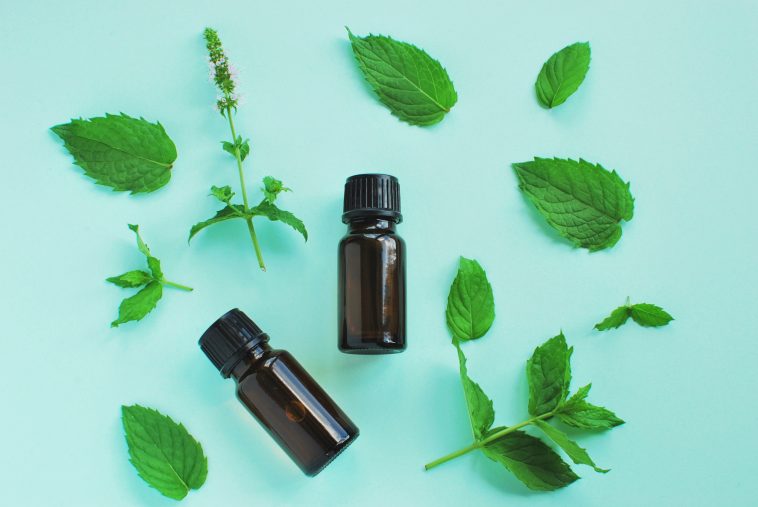Essential oils have, for a long time, been used by aromatherapists to treat many physical and mental issues. The Greeks, Romans, and Egyptians used peppermint essential oils and are still being used for various purposes. In this post, we shall look at how you can use peppermint oil to manage mental disorders such as anxiety and depression. Read along and learn more.
What is Peppermint Oil?
Peppermint oil is extracted from the leaves and stems of the peppermint plant, which is a cross between watermint and spearmint.
The medicinal, cosmetic, and culinary properties of peppermint are due to menthol, an active compound contained in it. Among other benefits, peppermint oil is believed to have a calming effect, and as such, can help reduce the impact of anxiety and depression.
How to Use Peppermint Oils
Peppermint oil comes in different forms, including essential oils, extracts, and capsules. Ideally, peppermint essential oil is a more concentrated form and is mostly used for aromatherapy. You can also dilute it and apply it to your skin.
Peppermint extracts is a more diluted form of peppermint. It is an excellent option if you want to add peppermint flavor in your food. On the other hand, you can take peppermint capsules as dietary supplements.
Peppermint Oil Anxiety Benefits
If you have been following news regarding essential oils, then you know that they can help relieve stress and anxiety symptoms. Peppermint oil is not exceptional.
Anxiety affects many people regardless of their gender, race, or even age. While clinical disorders may exhibit themselves differently, most of them are characterized by fear, worry, apprehension, and tension.
While psychotherapy and anti-anxiety medications are commonly used to treat anxiety, it comes with a myriad of troublesome side effects. As such, most people are looking for other alternative remedies such as aromatherapy.
Research shows that peppermint oil can help calm the nerves, ease nervousness, reduce the feeling of mental fatigue, and boost mental clarity. Among other things, this is as a result of its refreshing nature. For better results, consider adding lavender and geranium to peppermint oil for anxiety.
Peppermint Oil for Depression
Apart from fighting anxiety, you can also use peppermint to manage depression. The World Health Organization ranks depression among the leading causes of disability globally. Among other things, depression can lead to fatigue, lower self-esteem, interrupt sleep patterns, and even result in feelings of hopelessness or unworthiness.
As with anxiety, patients who are worried about the effects of antidepressants and psychotherapy are turning to peppermint and other essential oils. Psychotherapy and antidepressants can lead to nausea, anxiety, restlessness, insomnia, drowsiness, among other side effects.
Due to its energizing properties, peppermint oil can give relief from lethargy, and other symptoms associated with depression. The best thing is that it does not come with other troublesome side effects.
So, Should You Replace Psychotherapy with Peppermint for Anxiety?
You’ve probably heard that some kids use peppermint candy in an attempt to reduce stress during tests. Well, while there’s no sufficient evidence to support this, there’s some truth in it.
For instance, one clinical study shows that inhaling peppermint essence can help patients suffering from anxiety and heart attack. Another study revealed that peppermint aromatherapy could help reduce anxiety before coloscopy.
Even so, it is essential to note that research on peppermint oil for anxiety and depression are still ongoing. As such, it is always advisable to consult your doctor if you’re suffering from anxiety or depression.
While aromatherapy and other alternative treatments can help manage stress and depression symptoms, they should not replace your doctor’s medications. As a rule of thumb, ensure to talk to your doctor before you stop using any medicines.
Read more:



